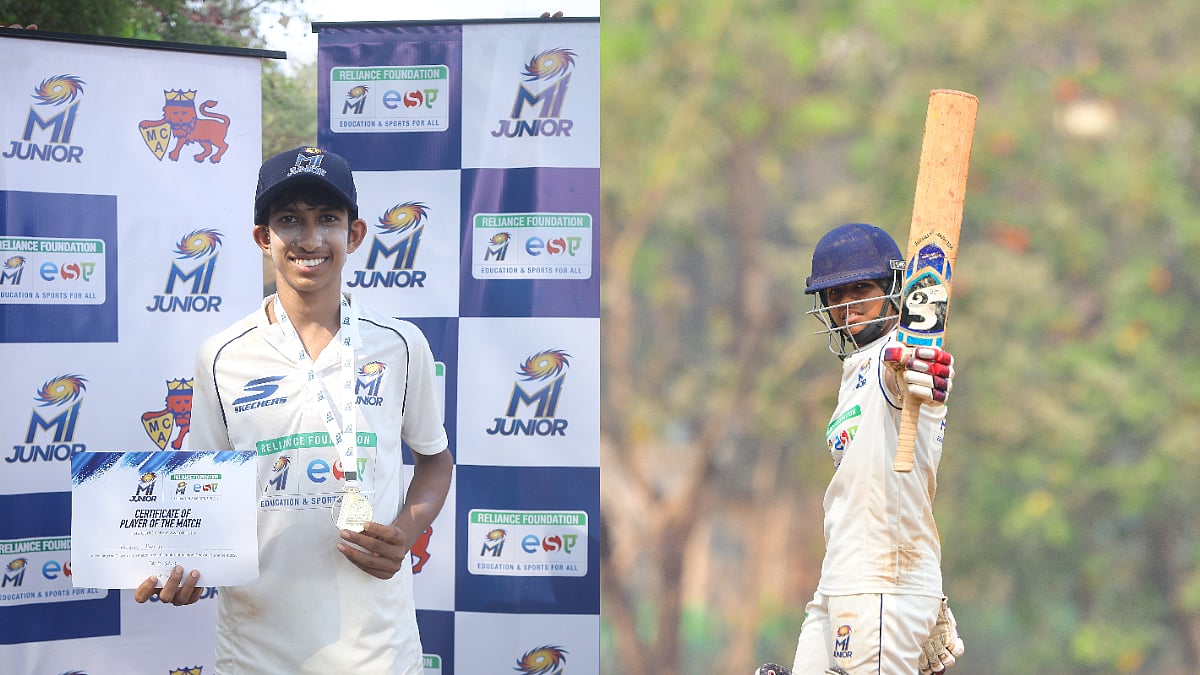The Digital Personal Data Protection Bill received Union government's approval on Wednesday (July 5). With the cabinet's approval, the bill is all set to be introduced in the Monsoon sesson of Parliament. Parliamentary Affairs Minister Prahlad Joshi had said on Saturday (July 1), that the monsoon session of Parliament will begin on July 20 and last till August 11.

Purpose of this act
"The purpose of this Act is to provide for the processing of digital personal data in a manner that recognizes both the right of individuals to protect their personal data and the need to process personal data for lawful purposes, and for matters connected therewith or incidental thereto," read the government statement in connection to the bill.
Union minister Rajeev Chandrasekhar on the Bill
The upcoming Digital Personal Data Protection Bill will drive "deep behavioural changes" among those platforms in India that have for long exploited or misused personal data, Union minister Rajeev Chandrasekhar had said, reported news agency PTI.
In an interview to PTI in April this year, the minister of state for IT and electronics also sought to allay concerns around the issue of government-appointed fact check body, saying the move is not about censorship at all, rather it gives the Centre an opportunity to clarify and respond to any misinformation related to it, something that is critical in a democracy.
'Bill should not be confused with right to free speech'
Misinformation, he said, is not to be confused with right to free speech. The minister noted that misinformation tends to travel 10-15 times faster, and reaches an audience 20-50 times more, than truth. He emphasised that it is absolutely critical that in a democracy if someone says something false about the government, to create hatred, to incite violence, or to just create mistrust, "the government must have an opportunity to say no, this is not true".
'No restriction on free speech'
"So there is no censorship, there no restriction on free speech. This is simply about saying what is patently false, is patently false. And that is certainly not to be confused or deliberately distorted to imply that this is a crackdown on free speech," Chandrasekhar had told news agency PTI.
(With agency inputs)





